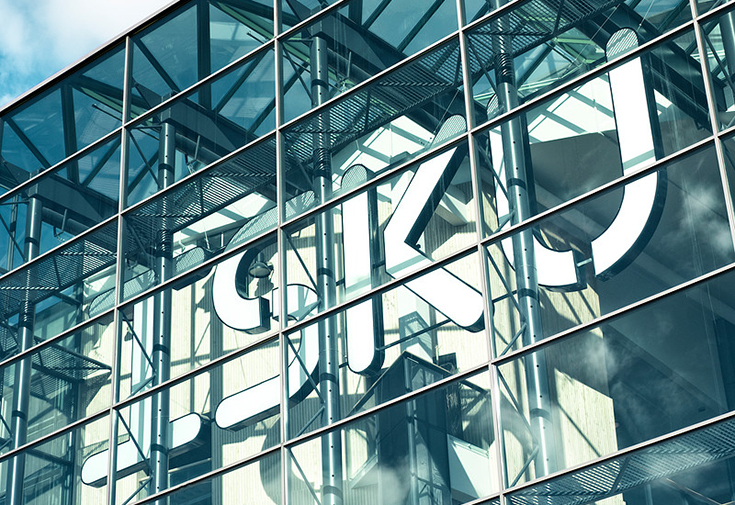In today’s fast-paced business environment, maintaining a clean and healthy workspace is crucial for both employee well-being and customer satisfaction. Antimicrobial surfaces offer a practical solution that not only enhances business hygiene but also provides significant cost savings. By reducing the spread of germs and bacteria, these surfaces can lower cleaning expenses, improve employee health and productivity, and enhance customer perception and trust. Investing in antimicrobial surfaces is a strategic decision that can lead to long-term financial benefits for your business.
How antimicrobial surfaces reduce cleaning costs
Antimicrobial surfaces are designed to inhibit the growth of bacteria, mould, and other harmful microorganisms. This feature significantly reduces the need for frequent and intensive cleaning, which can be both time-consuming and costly. By incorporating these surfaces into your business environment, you can decrease the reliance on harsh cleaning chemicals and reduce labour costs associated with regular cleaning routines.
In addition to lowering cleaning expenses, antimicrobial surfaces can extend the lifespan of your furniture and fixtures. Traditional cleaning methods often involve abrasive chemicals that can wear down surfaces over time. By minimising the need for such cleaning agents, antimicrobial surfaces help preserve the integrity and appearance of your business assets, leading to further cost savings.
Moreover, antimicrobial surfaces contribute to a more sustainable cleaning process. By reducing the frequency and intensity of cleaning, businesses can lower their environmental impact, aligning with modern sustainability goals. This not only saves money but also enhances your company’s reputation as an environmentally responsible entity.
Improving employee health and productivity
Employee health is a critical factor in maintaining productivity and reducing absenteeism. Antimicrobial surfaces play a vital role in infection prevention by limiting the spread of germs in the workplace. This can lead to fewer sick days and a healthier workforce, ultimately boosting productivity and reducing costs associated with employee absence.
Healthier employees are more likely to be engaged and motivated, contributing to a more dynamic and efficient work environment. By investing in antimicrobial surfaces, businesses can create a safer and more pleasant workplace, which can lead to improved employee morale and retention.
Furthermore, a focus on employee health can enhance your company’s image as a caring and responsible employer. This can be a significant advantage in attracting top talent and retaining valuable team members, further contributing to your business’s success and cost efficiency.
Enhancing customer perception and trust
In today’s competitive market, customer perception is paramount. Antimicrobial surfaces can enhance your business’s image by demonstrating a commitment to hygiene and safety. Customers are more likely to trust and return to businesses that prioritise their health and well-being.
By incorporating antimicrobial surfaces, businesses can create a cleaner and more inviting environment, which can lead to increased customer satisfaction and loyalty. This positive perception can translate into repeat business and word-of-mouth referrals, driving revenue growth.
Moreover, in sectors such as healthcare, hospitality, and food service, where hygiene is of utmost importance, antimicrobial surfaces can be a key differentiator. By showcasing your commitment to infection prevention, you can build trust with your customers and stand out in a crowded marketplace.
Long-term investment benefits of antimicrobial surfaces
While the initial investment in antimicrobial surfaces may seem significant, the long-term benefits far outweigh the costs. By reducing cleaning expenses, improving employee health, and enhancing customer trust, these surfaces offer substantial cost savings over time.
Antimicrobial surfaces are a durable and resilient choice, providing lasting protection against germs and bacteria. This durability means fewer replacements and repairs, further contributing to cost savings. Additionally, the reduced need for cleaning chemicals and labour can lead to significant financial benefits over the lifespan of the surfaces.
Investing in antimicrobial surfaces aligns with a forward-thinking approach to business hygiene and sustainability. By prioritising infection prevention and cost efficiency, businesses can position themselves for long-term success and resilience in an ever-evolving market.


